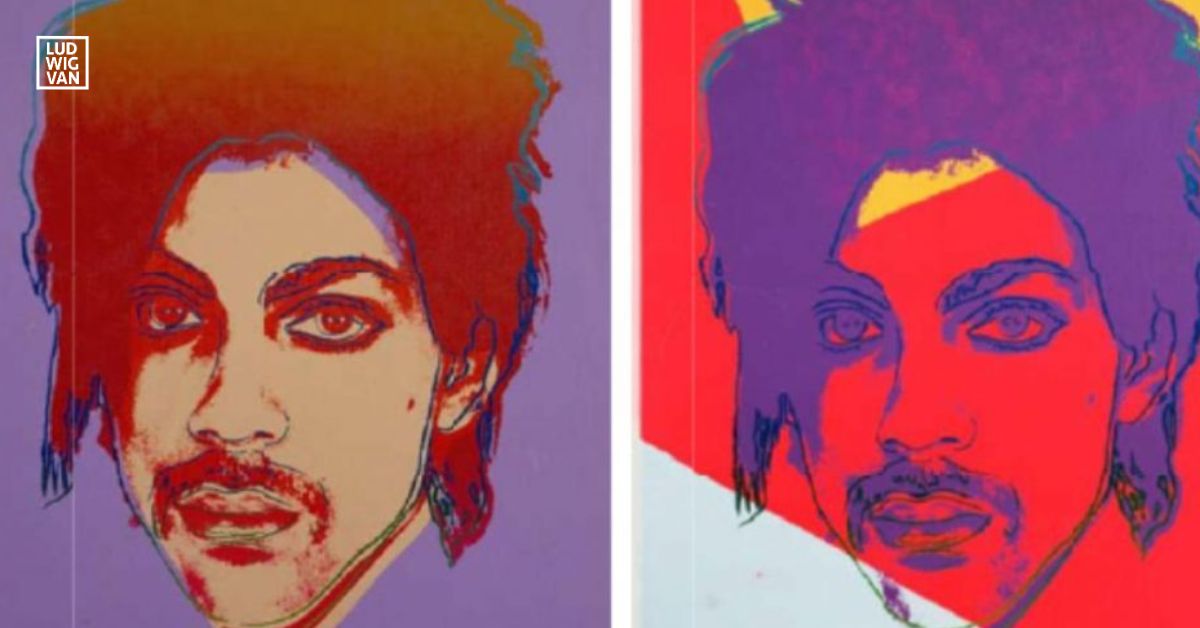
Last week, the Supreme Court dropped a bombshell: the late Andy Warhol infringed a photographer’s copyrights with his portraits of the late Prince. This case, stretching back to the 1980s, has implications that ripple into the music industry and even the world of artificial intelligence.
The legal copyright issue surrounds Warhol’s use of photos of Prince by Lynn Goldsmith for his artwork. The court wasn’t convinced by the Warhol estate’s claim that his art was “transformative” enough to be considered fair use. The decision was 7-2 in favor of Goldsmith, much to the surprise of many.
The stakes are high
This case goes beyond a little squabble about pop art. The decision challenges some ideas around ‘transformative use’ in copyright and could have consequences for how AI is used in music and other creative fields.
- The US Copyright Office doesn’t offer protection to art solely created by AI. They are, however, looking into copyright issues raised by AI technology
- Some artists are suing AI companies, claiming that their works are being used without permission to train AI models.
- The Warhol case raises questions about when an act of creation begins and what constitutes fair use for AI models trained on copyrighted works.
The music industry is cheering for the decision…
…They believe it prevents an expansion of the fair use defence based on claims of transformative use and allows them to better protect their works from unauthorized uses, especially in the age of AI.
We’re in a new age, folks.
- The Future of Music Collaboration: Enter Mixed Reality - July 23, 2024
- Carolina Uccelli to Receive A Modern Revival - July 8, 2024
- Pianos for Smaller Hands: The New Wave - July 3, 2024


